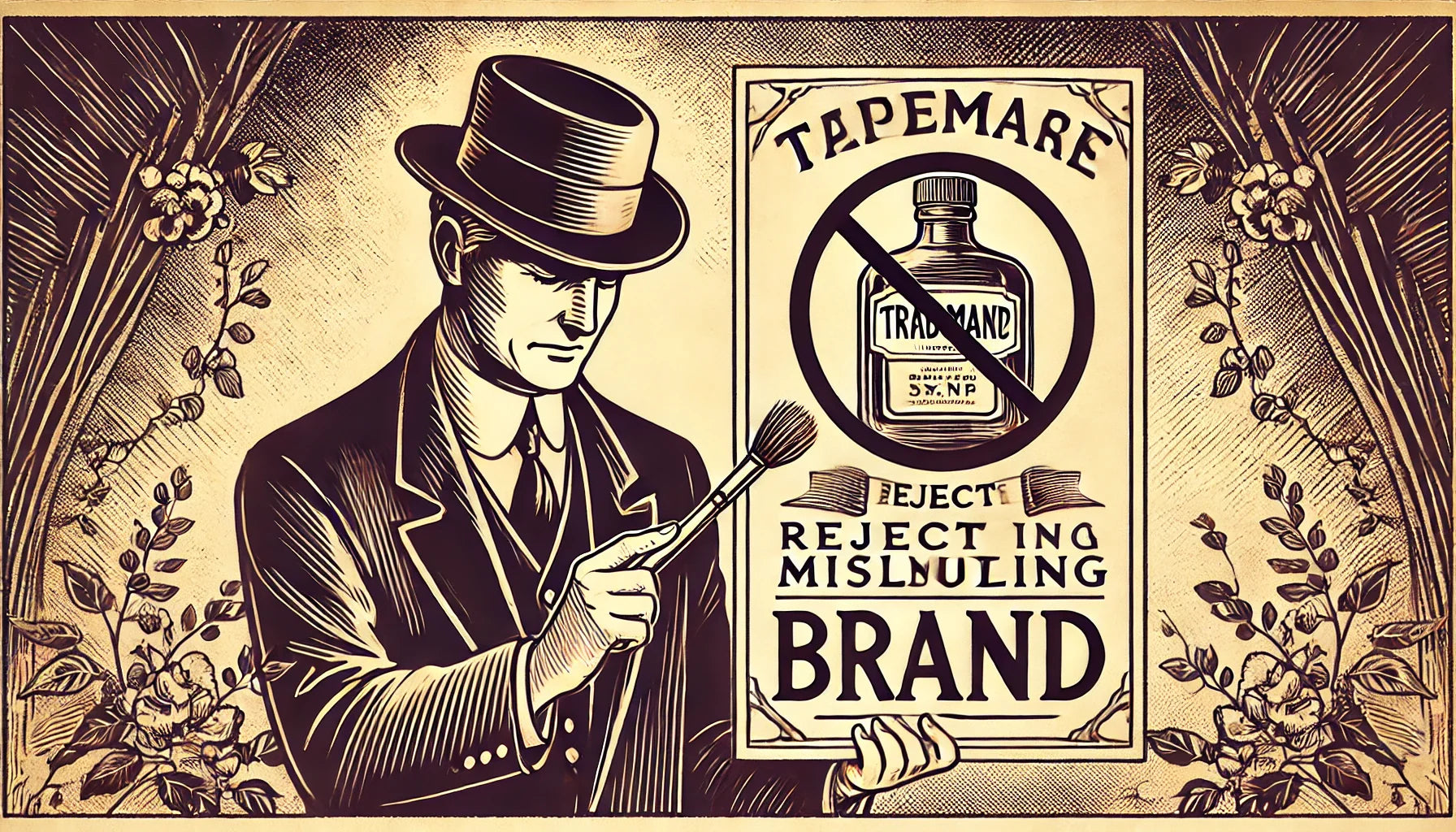Startups, with their innovative ideas and drive for growth, often rely on patents to protect their inventions in various industries. In today's competitive landscape, having a strong patent portfolio can give startups a competitive edge and safeguard their intellectual property rights. Let's explore some of the top industries where patents play a crucial role in helping startups thrive.
1. Technology
In the fast-paced world of technology, startups are constantly pushing the boundaries of what is possible. Patents in the tech industry are essential to protect unique software algorithms, hardware designs, and innovative products. Securing patents can also attract investors and provide a level of credibility in this dynamic landscape.
2. Biotechnology
Biotech startups are at the forefront of medical innovation, developing groundbreaking treatments and therapies. Patents are crucial in this industry to protect novel drugs, diagnostic methods, and genetic technologies. Without patent protection, biotech startups risk losing their competitive advantage and proprietary discoveries.
3. Pharmaceutical
Similar to biotechnology, pharmaceutical startups rely on patents to protect their drug formulations, manufacturing processes, and treatment methods. Patents in the pharmaceutical industry can provide startups with exclusive rights to their inventions, allowing them to commercialize their products without fear of infringement.
4. Fashion and Design
Startups in the fashion and design industry often face challenges with copycat products and designs. By obtaining patents for unique designs, patterns, or textiles, startups can prevent others from replicating their creations. Patents also offer startups a way to stand out in a crowded market and establish a strong brand identity.
5. Automotive
In the automotive industry, startups are driving innovation in electric vehicles, autonomous driving technology, and sustainable transportation solutions. Patents in this sector are crucial for protecting new engineering designs, fuel-efficient systems, and safety features that set startups apart from traditional automotive companies.
6. Clean-Tech
Startups in the clean-tech sector focus on developing renewable energy solutions, waste management technologies, and sustainable practices. Patents play a vital role in protecting green innovations, such as solar panels, wind turbines, or waste-to-energy systems. Securing patents can also open doors to partnerships and collaborations with larger corporations.
7. Food-Tech
With the rise of food technology startups, patents are becoming increasingly important in the culinary world. Startups creating plant-based alternatives, food processing techniques, or packaging innovations can benefit from patent protection to safeguard their unique recipes and processes. Patents in food-tech also help startups differentiate themselves in a competitive market.
8. Health-Tech
Health technology startups are revolutionizing the healthcare industry with digital health platforms, telemedicine services, and wearable devices. Patents in health-tech are crucial for protecting innovative software algorithms, medical devices, and data analytics methods. Startups need patents to secure their technology and maintain a competitive edge.
9. Retail and E-Commerce
In the world of retail and e-commerce, startups face challenges related to brand counterfeiting, intellectual property theft, and online infringement. By obtaining patents for unique shopping interfaces, customer experience innovations, or supply chain management systems, startups can protect their online presence and prevent copycats from stealing their ideas.
10. Gaming and Entertainment
Gaming and entertainment startups rely on patents to protect their interactive experiences, virtual reality technologies, and gaming mechanics. By securing patents for gaming algorithms, user interfaces, or virtual world creations, startups can establish a strong foothold in the competitive gaming industry and prevent competitors from replicating their innovations.
11. Education-Tech
Education technology startups are transforming the way we learn and acquire knowledge through online platforms, e-learning tools, and educational apps. Patents in the education-tech industry are crucial for protecting proprietary teaching methods, interactive learning systems, and personalized educational content. Startups can use patents to safeguard their educational innovations and attract investors looking to support the future of learning.
12. Social Impact
Startups focusing on social impact and sustainability initiatives often develop innovative solutions to address global challenges, such as climate change, poverty, or healthcare access. Patents in the social impact sector can protect technologies, products, or services that have a positive impact on society. By securing patents, startups can ensure the longevity and scalability of their solutions, driving meaningful change in the world.
The Power of Patents for Startup Success
In conclusion, patents play a vital role in helping startups succeed in diverse industries, from technology and biotech to fashion and clean-tech. By securing patents for their inventions and innovations, startups can protect their intellectual property, attract investors, and stand out in competitive markets. Whether it's a side hustle turning into a full-fledged startup or a disruptive invention poised to change an industry, patents are the cornerstone of startup success.





